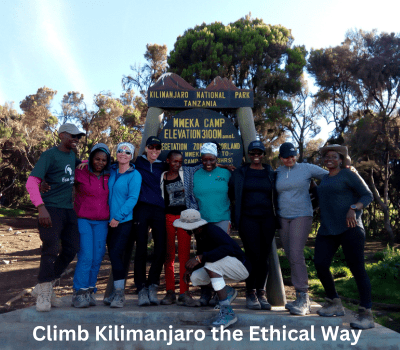Legal Requirements for a Guide When Climbing Kilimanjaro
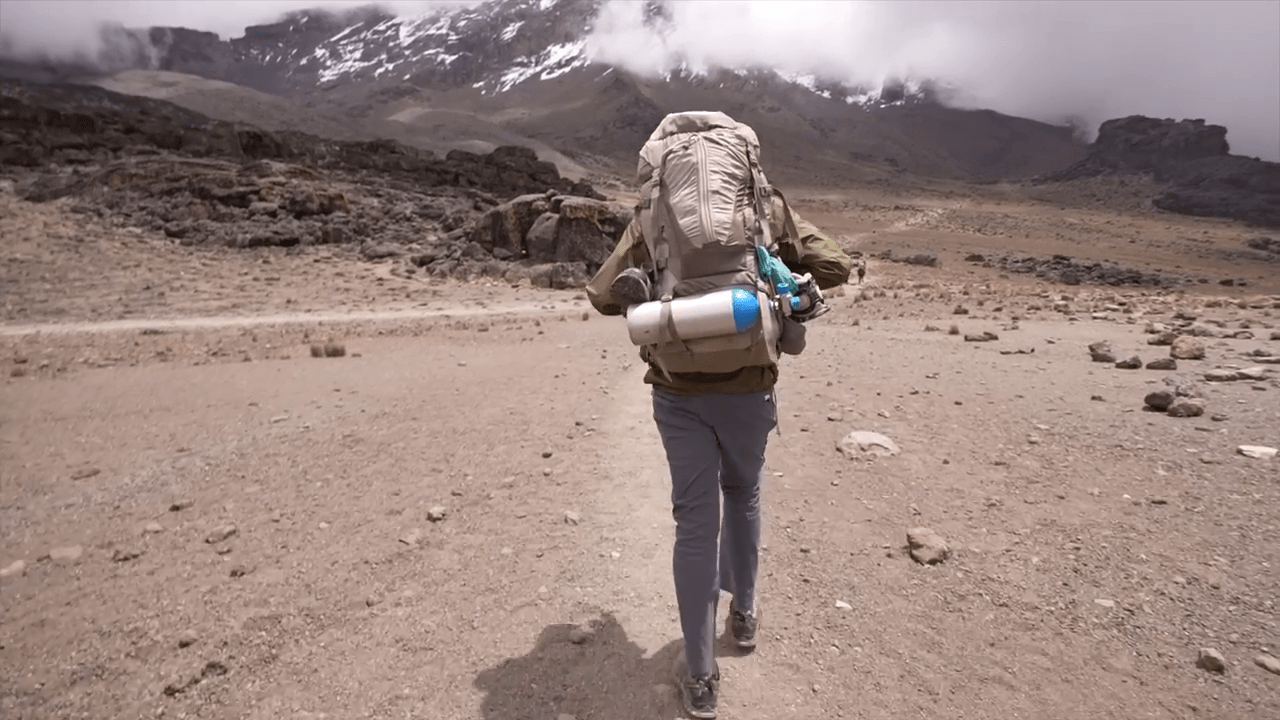
Introduction: Why This Question Matters
If you’re planning to conquer Mount Kilimanjaro, you’ve likely asked yourself: Do I really need a guide? Is it legally required or just a recommendation? These are crucial questions for anyone dreaming of reaching Uhuru Peak, and the answer isn’t just a matter of opinion—it’s written into law.
As one of Africa’s most iconic trekking destinations, Kilimanjaro attracts adventurers from all over the world. But unlike other mountains where solo treks are possible, Kilimanjaro is heavily regulated for good reason: environmental protection, climber safety, and local economic support. In this article, we’ll break down the legal requirements, the role of the Tanzania National Parks Authority (TANAPA), and what happens if you try to climb without a licensed guide.
The Official Regulations from TANAPA
The Tanzania National Parks Authority (TANAPA) enforces a strict rule: no one is permitted to enter Kilimanjaro National Park without a registered guide. This rule is outlined in the official TANAPA entry guidelines and has been in effect for years as part of Tanzania’s sustainable tourism policies.
When you book a climb with a licensed operator like Eco-Africa Climbing, your guide is responsible for your registration at the gate, your mountain permits, and your daily check-ins with park rangers. The park staff will not allow individuals or unaccompanied groups to enter the trail—regardless of experience or equipment.
This isn’t just about rules—it’s about ensuring every climber’s safety, minimizing environmental impact, and supporting Tanzania’s local workforce.
Why Guides Are Mandatory: More Than Just a Rule
Yes, the guide requirement is a legal regulation—but it’s also a logical one. Here’s why:
- Safety: Guides are trained in altitude sickness monitoring, emergency protocols, and rescue coordination. This is vital on a mountain where altitude-related illness is a top risk.
- Navigation: While Kilimanjaro is a non-technical mountain, its trails are not always clearly marked, especially in foggy or snowy conditions.
- Environmental Conservation: Licensed guides are trained in Leave No Trace principles, ensuring the mountain ecosystem remains protected.
- Local Benefit: Hiring local guides, porters, and cooks ensures the revenue from tourism supports Tanzania’s economy—part of the reason behind this regulation.
In short, it’s not just about climbing a mountain—it’s about climbing responsibly.
What the Kilimanjaro National Park Entry Process Looks Like
Here’s what the legal entry process includes:
- Registration: At park gates like Machame, Lemosho, or Marangu, your guide will register your details, permits, and itinerary.
- Permits: You cannot purchase or present a park permit as an individual. Only registered tour operators can secure these.
- Checkpoints: Throughout the climb, guides must report to park rangers at designated camps and checkpoints.
These processes ensure that your presence is accounted for, you’re on a registered trail, and help can reach you quickly in case of an emergency.
Consequences of Attempting to Climb Without a Guide
Attempting to climb Kilimanjaro without a guide is not only illegal—it comes with serious penalties. TANAPA rangers monitor all gates and trails, and anyone caught trying to enter or ascend without a registered guide will be:
- Turned away at the gate or removed from the trail
- Fined or penalized under Tanzanian conservation laws
- Blacklisted from future access to Tanzanian parks
More importantly, going solo is extremely risky. Without a certified guide, you won’t have access to daily health checks, rescue coordination, or even emergency oxygen—all of which are standard with reputable operators like Eco-Africa Climbing.
The Benefits of Guided Climbs: Beyond Legal Requirements
While having a guide is a legal necessity when climbing Mount Kilimanjaro, the advantages extend far beyond mere compliance. Engaging a certified guide enriches your trekking experience in several ways:
- Expert Navigation: Guides possess intimate knowledge of the mountain’s trails, weather patterns, and potential hazards, ensuring a safer and more efficient ascent.
- Cultural Insights: Local guides offer valuable perspectives on the region’s history, traditions, and ecology, deepening your connection to the environment.
- Logistical Support: From arranging accommodations to managing permits, guides handle the complexities of the trek, allowing you to focus on the climb.
- Emergency Preparedness: Trained in first aid and altitude sickness management, guides are equipped to respond to health issues promptly.
Choosing a guided climb not only aligns with legal requirements but also enhances the overall quality and safety of your adventure.
The Role of Porters and Support Staff: Unsung Heroes of the Mountain
A successful Kilimanjaro expedition relies heavily on the dedication of porters and support staff. These individuals carry essential gear, set up camps, and prepare meals, ensuring climbers can focus on the ascent. Their contributions include:
- Load Carrying: Porters transport tents, cooking equipment, and personal belongings, significantly reducing the physical burden on climbers.
- Camp Setup: Upon reaching each campsite, porters swiftly establish tents and communal areas, providing a comfortable resting environment.
- Meal Preparation: Cooks and kitchen staff prepare nutritious meals to sustain climbers throughout the journey.
- Route Maintenance: Support staff often assist in maintaining trail conditions, contributing to the safety and accessibility of the paths.
Recognizing and respecting the efforts of porters and support staff is integral to a responsible and ethical climbing experience.
How Guides Enhance Safety: Your Lifeline on the Mountain
Safety is paramount when undertaking the challenge of Kilimanjaro. Guides play a critical role in safeguarding climbers through:
- Health Monitoring: Regular checks for symptoms of altitude sickness and other health issues ensure early detection and intervention.
- Emergency Response: In case of accidents or severe illness, guides coordinate evacuations and medical assistance promptly.
- Weather Assessment: Guides interpret weather forecasts and make informed decisions to avoid hazardous conditions.
- Route Adjustment: Based on climber performance and environmental factors, guides may alter itineraries to optimize safety and success.
Entrusting your well-being to an experienced guide significantly mitigates risks associated with high-altitude trekking.
Verifying a Certified Guide: Ensuring Compliance and Competence
To comply with legal requirements and ensure a safe climb, it’s essential to verify the credentials of your guide:
- Certification: Confirm that the guide holds a valid license from the Tanzania National Parks Authority (TANAPA).
- Affiliation: Reputable guides are often affiliated with established tour operators and professional associations.
- References: Seek testimonials or reviews from previous clients to gauge the guide’s reliability and expertise.
- Documentation: Request to see official identification and certification documents before commencing the trek.
Taking these steps ensures that your guide meets the legal standards and possesses the necessary skills to lead a successful expedition.
Are There Any Exceptions to the Guide Requirement?
Since 1991, Tanzanian law has mandated that all climbers of Mount Kilimanjaro be accompanied by a licensed guide. This regulation applies to all routes and climbers, regardless of experience or intent. Even experienced mountaineers must comply with this requirement. Attempting to climb without a guide can lead to fines or denial of entry at the park gates.
While certain base areas and day hikes outside the national park boundaries can be accessed independently, once you step into Kilimanjaro National Park and begin ascending toward the summit, a licensed guide is mandatory. No exceptions exist for the guide requirement.
Insurance Implications: Why Going Unguided Can Void Your Coverage
Climbing Kilimanjaro without a licensed guide not only violates Tanzanian law but also has significant implications for your travel insurance. Most insurance providers require proof that your climb is conducted by a licensed and regulated outfitter. Unauthorized or illegal climbs typically violate the terms of your policy. If you fall ill or get injured on an unsupported climb, your insurer may deny coverage, leaving you responsible for all medical and evacuation expenses.
To ensure your safety and financial protection, it’s crucial to adhere to the legal requirements and climb with a certified guide through a reputable tour operator.
How to Choose a Legal and Ethical Kilimanjaro Operator
Selecting a reputable and licensed tour operator is essential for a safe and compliant Kilimanjaro climb. Here are key factors to consider:
- Licensing: Ensure the company is registered with the Kilimanjaro National Park authorities and holds all necessary permits.
- Experienced Guides: Look for operators that employ certified guides with extensive knowledge of the mountain’s routes and safety protocols.
- Ethical Practices: Choose companies that treat their porters and staff fairly, ensuring proper wages and working conditions. Look for KPAP-certified operators.
- Transparent Pricing: Avoid suspiciously cheap tours, as they may cut corners on safety and legal compliance.
By carefully selecting a legal and ethical operator, you not only comply with Tanzanian regulations but also contribute to the well-being of the local community and environment.
Conclusion: Climb Smart, Climb Legal
Mount Kilimanjaro is more than just a climb—it’s a protected ecosystem and a vital part of Tanzania’s tourism economy. As such, climbing the mountain without a licensed guide is not only illegal but irresponsible. Whether it’s ensuring your personal safety, supporting the local workforce, or respecting park regulations, the presence of a certified guide is not optional—it’s essential.
When you book with a licensed and ethical operator like Eco-Africa Climbing, you’re not just meeting legal requirements—you’re elevating your entire adventure. From expert safety monitoring to cultural insights and superior logistics, guided climbs offer a secure, enriching, and unforgettable path to Uhuru Peak.
Frequently Asked Questions (FAQs)
Is it legal to climb Kilimanjaro without a guide?
No. According to Tanzania National Parks (TANAPA) regulations, all climbers must be accompanied by a licensed guide. Entry is not permitted without one.
Can I hire a guide at the gate?
No. All bookings must be done in advance through licensed tour operators. Park permits and logistics must be arranged before your arrival.
What happens if I try to climb without a guide?
You will be denied entry at the park gate, possibly fined, and may be blacklisted from re-entry. You also void your travel insurance in most cases.
How do I verify a legal operator?
Ask for their TANAPA registration number and check for affiliations like KPAP (Kilimanjaro Porters Assistance Project).
Are there any legal exceptions for expert mountaineers?
No. The guide requirement applies to all climbers regardless of experience level.
Book a Legal and Ethical Climb with Eco-Africa Climbing
Avoid legal risks, climb safely, and support local communities by choosing Eco-Africa Climbing for your Kilimanjaro adventure. We provide certified guides, KPAP-verified porters, and complete compliance with all TANAPA regulations.
Recommended routes:
Request your climb quote now or speak with our team for more information.
Share:
Related Posts
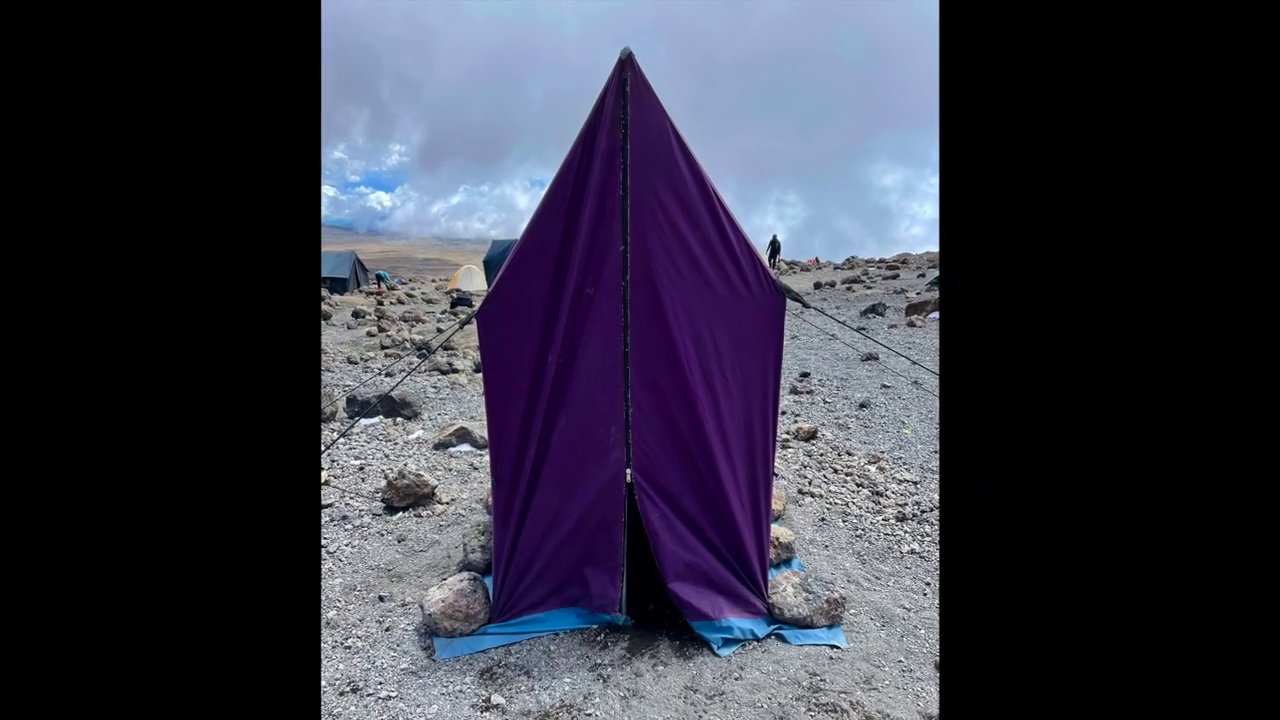
bathroom on mountain kilimanjaro
Bathroom on Mountain Kilimanjaro: What to Expect and How to Prepare Introduction One of the most common — and least discussed — questions from people
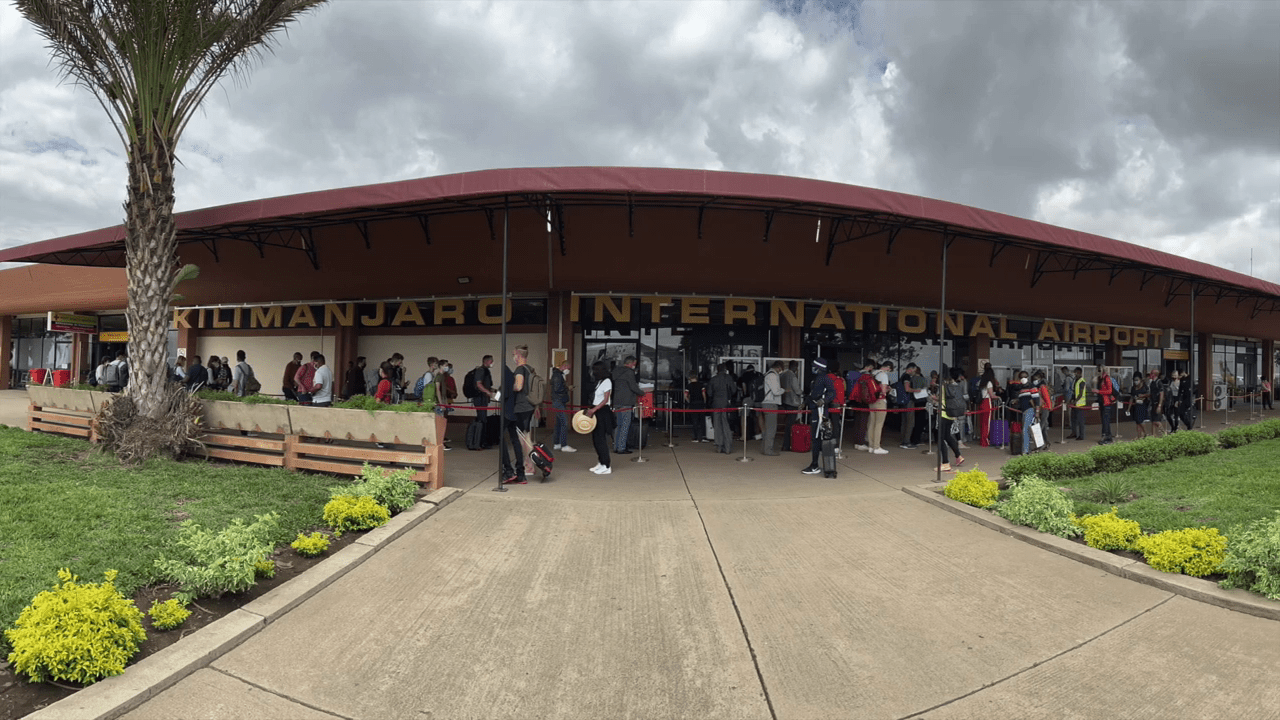
Are Guides Readily Available in Tanzania Without Prior Booking?
Are Guides Readily Available in Tanzania Without Prior Booking? Introduction: Should You Risk Climbing Without Pre-Booking? Climbing Mount Kilimanjaro is a dream for many adventurers.
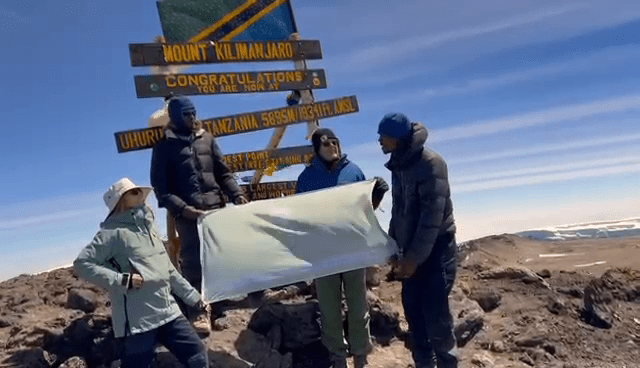
How Can I Find a Reliable Local Guide for My Kilimanjaro Expedition?
How Can I Find a Reliable Local Guide for My Kilimanjaro Expedition? Introduction: Why the Right Guide Is Key to Kilimanjaro Success Climbing Mount Kilimanjaro
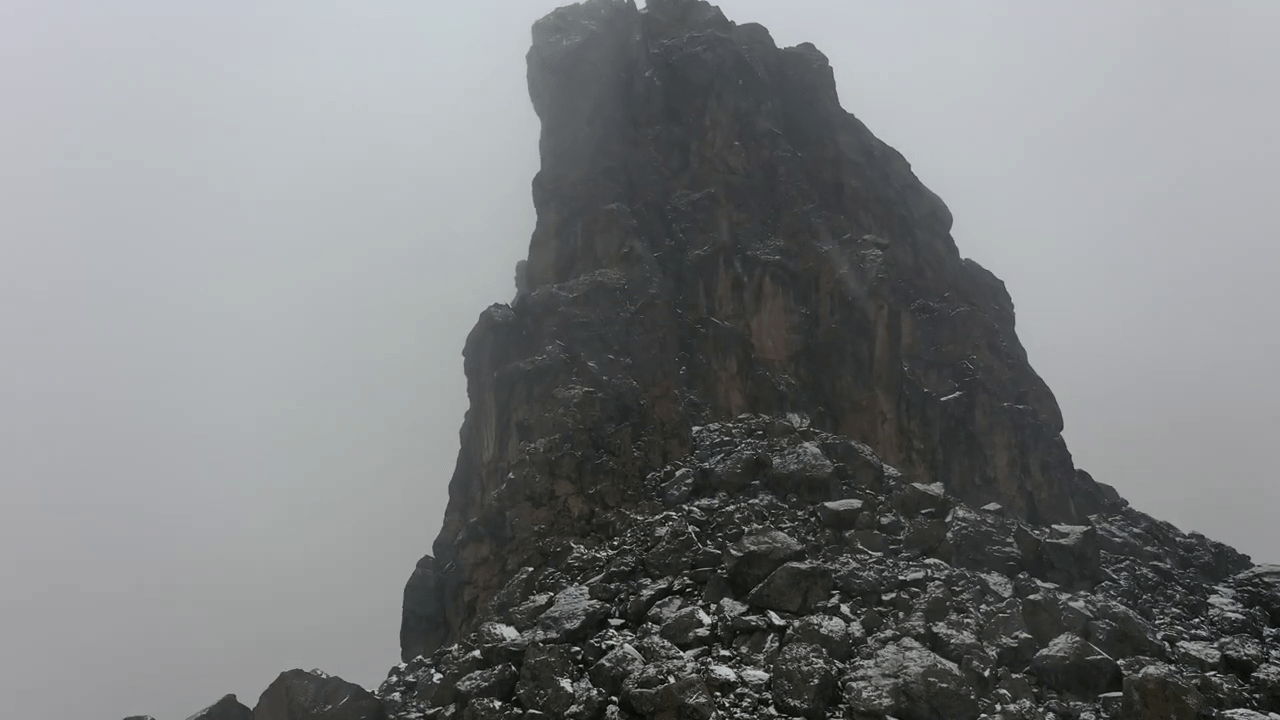
Is Climbing Kilimanjaro Dangerous for Individuals Without Mountaineering Experience?
Is Climbing Kilimanjaro Dangerous for Individuals Without Mountaineering Experience? Introduction: The Myth of Danger and Experience Many aspiring adventurers wonder if climbing Mount Kilimanjaro is
